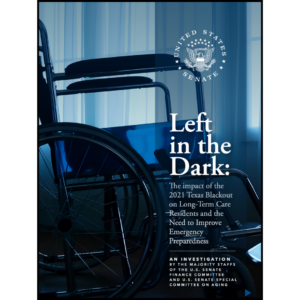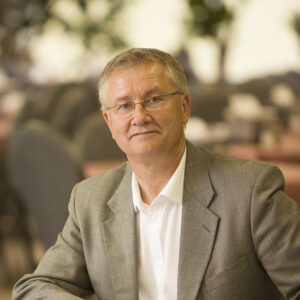Tragic blaze in Brazil, fire at AL facility put focus on fire safety
The tragic events surrounding the deadly nightclub fire that happened over the weekend in Brazil should remind occupancies of all types to focus on fire safety every day of the year. The codes and regulations that all long-term care facilities are required to follow help ensure a fire safe environment of care. Different levels of care and licensure have different fire and life safety requirements. Operationally, all LTC facilities, whether they are skilled nursing homes, assisted living facilities, behavioral health facilities or continuing care retirement communities must place appropriate emphasis on fire safety to prevent a deadly fire from occurring.
As I write this blog, I received notification of a fire in an assisted living facility in New Jersey that sent seven people to the hospital. Fortunately, there were no deaths in this smoky fire that occurred at approximately 2:35 am.
Codes like NFPA #101, The Life Safety Code (2000 edition) are enforced in licensed healthcare facilities regulated by CMS (Centers for Medicare & Medicaid Services) and are designed to safeguard facilities from fire and help ensure that occupants can sufficiently evacuate or relocate during a fire within a building. Other state and local building and fire prevention codes are enforced to further protect occupants from the perils associated with a fire. It is up to individual facilities to make sure that their properties are operated in a manner that will eliminate the chances of a fire.
As an experienced fire safety consultant and former fire marshal, it is my experience that the great majority of LTC facilities are designed and constructed in compliance with all applicable codes and standards. The problem that I often encounter pertains to how the facilities are operated. As with the tragic fire in Brazil, there was likely an operational “desire” to add a spectacular dimension to the concert that unfortunately translated into a disaster.
Now, do I really think that any LTC provider is going to introduce pyrotechnics into any aspect of their operations? The answer is clearly NO. Have I seen unsafe condition inside of a LTC facility in the name of activities or entertainment? The answer is certainly YES.
Incidences of unsafe electrical wiring for holiday decorations and/or improper use of extension cords are common findings that my inspection team often encounters when evaluating clients’ facilities. Exits and other components of the means of egress (hallways, stairs, ramps, etc.) that are completely or partially obstructed by tables and chairs for a special event is an occasional finding, as well.
The use decorative combustible material hung on walls or ceilings not only represents a non-compliant condition but also can compromise the performance of fire protection system devices including smoke detectors and fire sprinkler heads. The presence of open flame device to warm food for banquets or the use of candles for ceremonial purposes must be supervised with great caution and should never be used if prohibited by codes and ordinances.
Here is a bottom-line principle to operate your facility by: If it looks unsafe, it probably is unsafe and represents a potential code deficiency. Someone within your organization needs to review every special event from a focused perspective of fire safety advocacy. No one ever expects to be a victim of fire. If there is any one area of your operations that you can never put too much emphasis on, it’s fire safety.
If you have any specific fire or life safety issues that would like to discuss or have included in my blog, please do not hesitate to e-mail me with your inquiries or comments.

Stan Szpytek is the president of consulting firm Fire and Life Safety, Inc., in Mesa, Arizona, and is the Life Safety/Disaster Planning Consultant for the Arizona Health Care Association and California Association of Health Facilities. Szpytek is a former deputy fire chief and fire marshal with more than 35 years of experience in life safety compliance and emergency preparedness. For more information, visit www.emallianceusa.com or email Szpytek at Firemarshal10@aol.com.
Related Articles
Topics: Disaster Preparedness , Executive Leadership , Facility management , Operations











